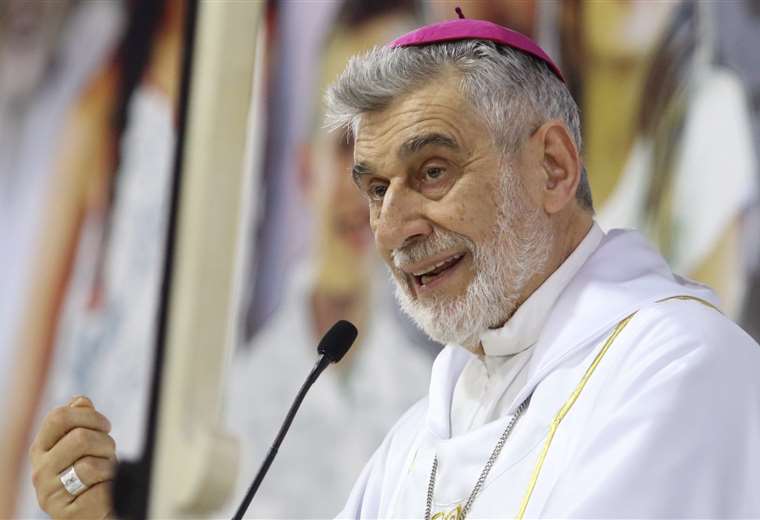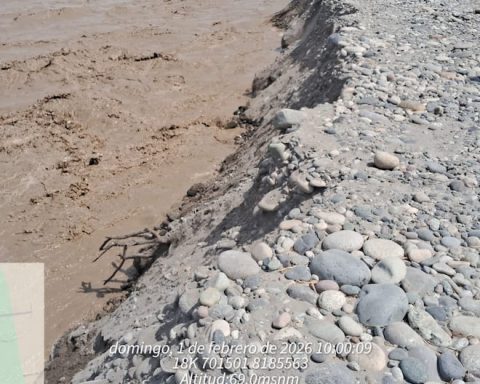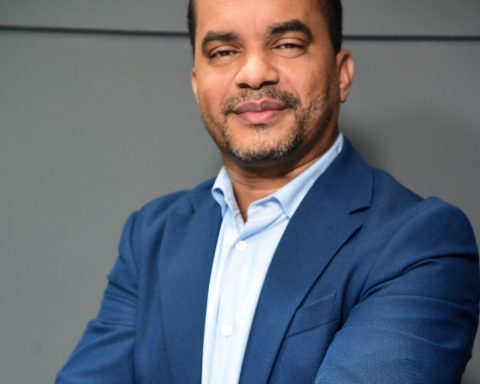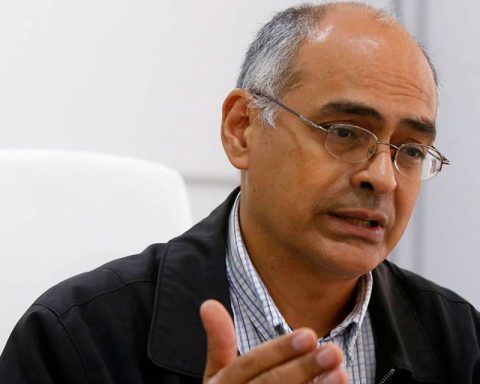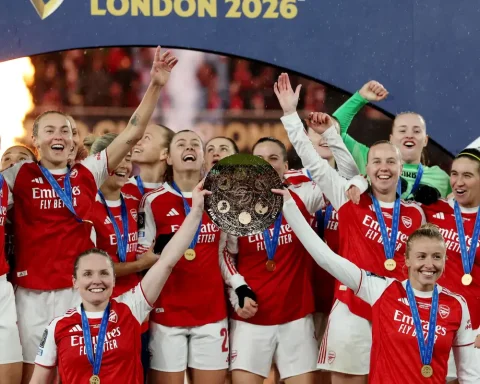This Monday, December 26, starting at 3:00 p.m., in the former National Congress in Santiago, the Senate Constitution Commission will begin the discussion of the two motions, consolidated, that seek to give continuity to the constituent process and that are part of the “Agreement for Chile”.
This is the motion presented by Senators Álvaro Elizalde, Javier Macaya, Francisco Chahuán, Jaime Quintana and Iván Flores; and another motion presented by Senators Juan Ignacio Latorre, Esteban Velásquez, Claudia Pascual, Ximena Rincón and Luciano Cruz-Coke.
Because both motions deal with the continuity of the constituent process, the room agreed to merge them and analyze them together.
You may also like:
The president of said commission, Matías Walker (Democrats), said that he expects a quick process with “the idea of winning a week, since this regional week there are no sessions (of the Chamber) of the Senate and, therefore, we hope to dispatch the draft of the Constitution Commission”. According to him he recorded CooperativeSenator Walker pointed out that the ideal is “not to introduce major modifications to the text”, as it is “the result of an agreement (…) and the idea is that if there are modifications that arise from the debate, that precisions must be made, these arise by mutual agreement”, in favor of an agile processing.
One of those who has already announced that he will present indications was the independent senator of the Magallanes Region, Karim Bianchi. “We are going to present indications to improve the constitutional reform and these indications are going to go in the correct line, which is the complete opposite of what the political parties indicate,” the parliamentarian sentenced, through a statement, pointing to the improvement of the three bodies that will be in charge of drafting the text.
In a critical tone, Senator Bianchi affirmed that the agreement has so much of a “tailor-made suit” that changes must be made by indication. In his opinion, “it is not possible to continue advancing by allowing the political parties to do what they want with our country through quotas.”
For her part, Senator Alejandra Sepúlveda, from the Social Green Regionalist Federation (FRVS), maintained that “no doubt there may be modifications and indications” to perfect and improve the project, as long as they respect “the main idea and the general” of it. .
Giving this discussion and perfecting the reform “is absolutely necessary, mainly in what has to do with this group of experts, who respect the idea, but believe that there are several things to improve,” Senator Sepúlveda indicated.
It is worth mentioning that, in addition to the senators, the president of the board of directors of Servel, Andrés Tagle; and the Minister of Segpres, Ana Lya Uriarte.
The “trinity” of agreement
established a Constitutional Council, made up of 50 people elected by direct popular vote in accordance with the electoral system applicable to senatorial constituencies, under universal and mandatory suffrage, with open lists made up of parties or party pacts, which may include independent people. The Constitutional Council will be integrated under the principle of parity of entry and exit and the elections will be held tentatively on May 14, 2023.
The Council will be integrated by supranumerary indigenous seats, assigned according to the percentage of effective voting in the election.
The sole purpose of this Council will be to discuss and approve a proposed text for a new Constitution, dissolving once the entrusted task has been completed. The proposed constitutional norms will be approved by 3/5 of the acting councillors, submitting the final proposal. to an approval of the Council by the same quorum.
The Expert Commissionwill be made up of 24 people with an indisputable professional, technical and/or academic career, of equal composition, 12 elected by the Chamber of Deputies and 12 by the Senate, in proportion to the representation of the different political forces and approved by 4 /7 of the members in office of the respective Chambers.
Persons who are incapacitated to be candidates for popularly elected positions may not be part of the Commission. This body will be in charge of drafting a draft that will serve as the basis for discussion and drafting of the new constitutional text, in the style of a matrix idea of the same. The decisions of the Commission will be taken by a quorum of 3/5 of its members.
Once the proposed text of the New Constitution has been evacuated and after harmonization, the Expert Committee will deliver its report to the Constitutional Council; In said report, you will be able to make observations that improve the text.
These must be known by the Constitutional Council and will be voted according to the following rules: the proposals of norms will be understood as approved if they comply with the quorum of 3/5 of its active members. On the contrary, the proposals of norms will be understood rejected each one by the 2/3 parts of the members in office. All those proposals that are not in any of the above circumstances, will be resolved by a Mixed Commission, made up of twelve people, including experts and counselors in equal parts, who will hear about the controversy and that will be resolved with the vote of 3/5 parts of that instance.
If said quorum is not achieved, the Expert Commission, within a period of 5 days, by 3/5 of its members, will present a new proposal to the Constitutional Council so that it conforms to the general rules.
Meanwhile, the Admissibility Technical Committeewill be made up of 14 people, jurists with an outstanding professional and/or academic career, who will be elected by the Senate by virtue of a single proposal that the Chamber of Deputies will formulate.
Both votes must have the support of 4/7 of the members in office. This Admissibility Technical Committee will be in charge of reviewing the norms approved in the different instances that are presented in the Expert Commission and/or the Constitutional Council, in order to determine a possible inadmissibility of these when they are contrary to the institutional bases.
It may pronounce upon a well-founded request of one fifth of the Constitutional Council; or two fifths of the Expert Commission. The Committee will resolve knowing the legal background, applying the constitutional bases, in accordance with the constitutional norms and interpretation. Its resolutions will be adopted within the third day, extended for five more days to incorporate the foundations, by the absolute majority of its members and will not be appealable before any body, national or international. If the inadmissibility is upheld, the contested rule may not be incorporated into the constitutional text.
In the event that the violation consists of the omission of any of the institutional bases, and upon request, the Admissibility Committee will instruct the Expert Commission to draft a proposal, which will be deliberated by the Constitutional Council in accordance with the general rules. .
The final proposal for a New Constitution must be ratified or rejected by the citizenry through a plebiscite with a mandatory vote.













